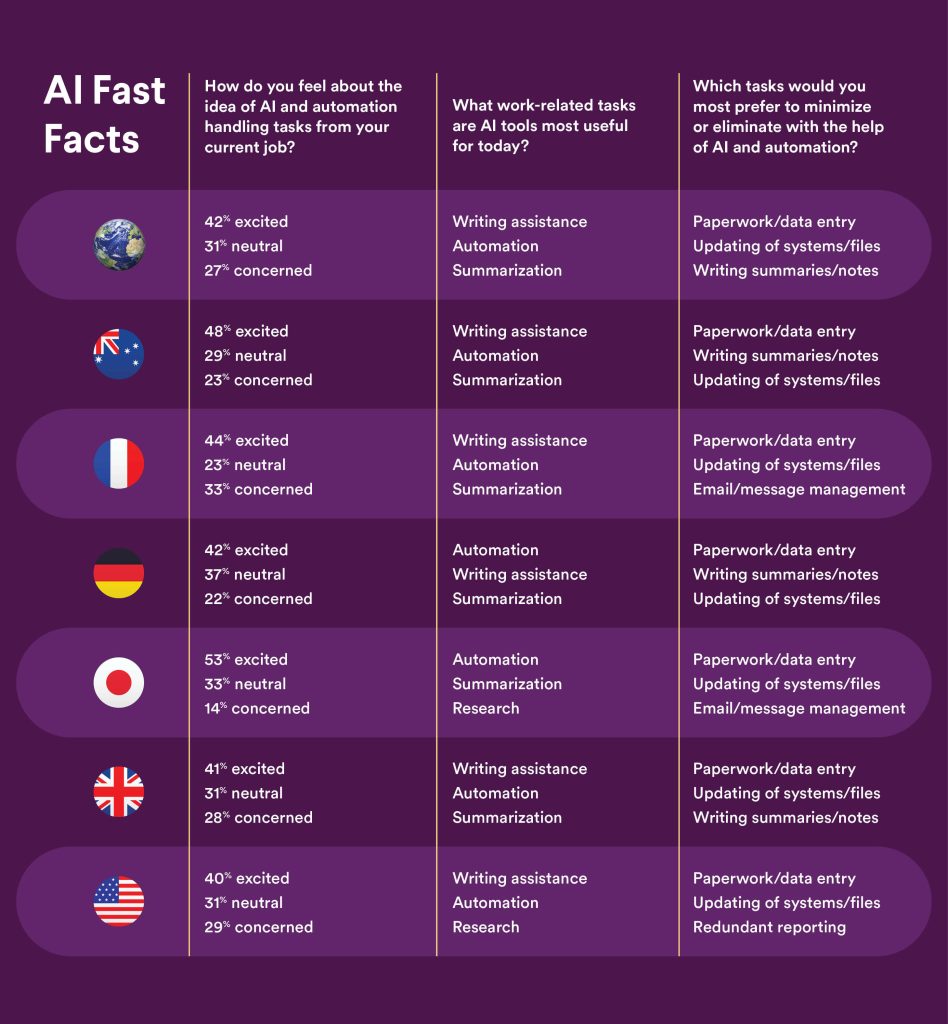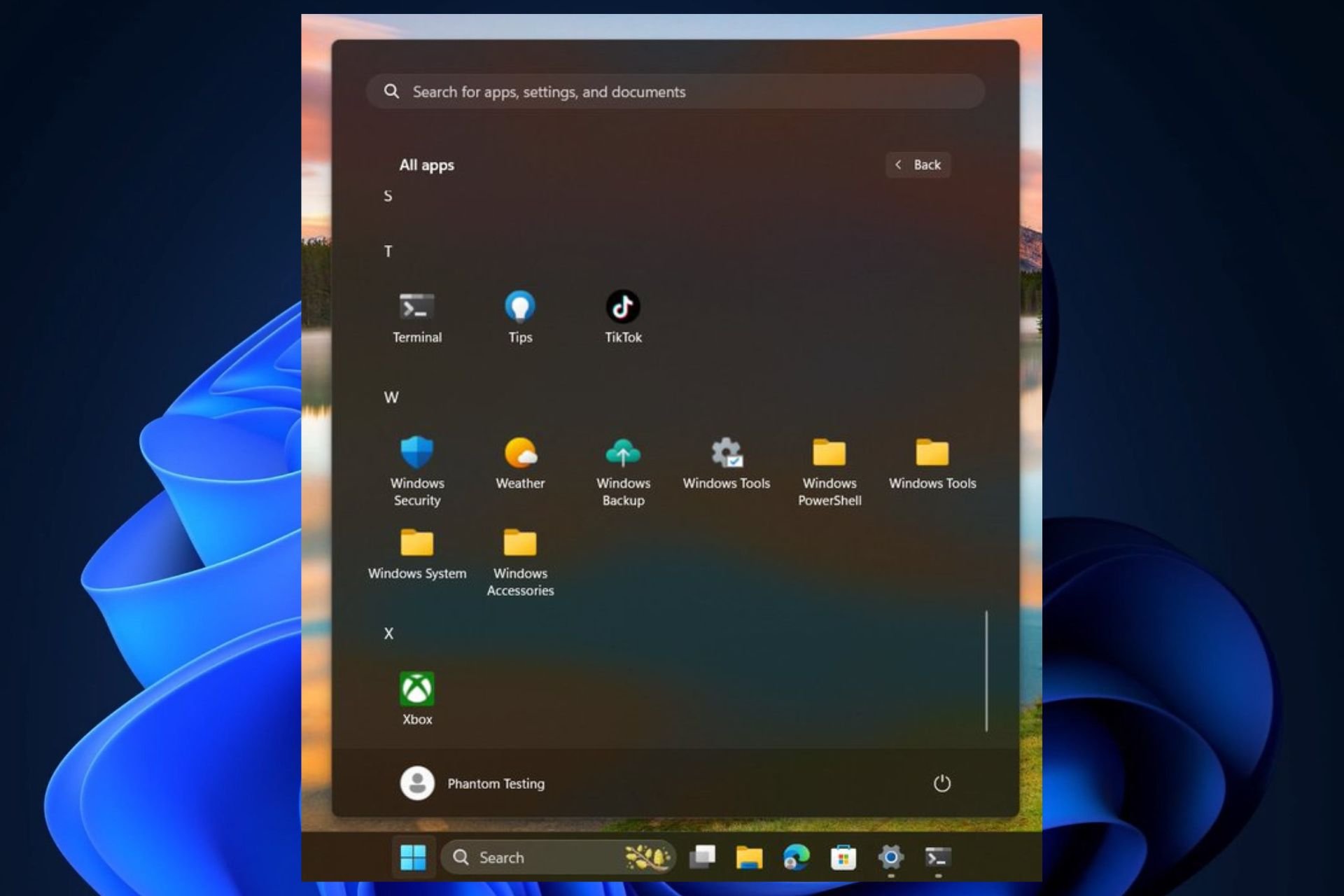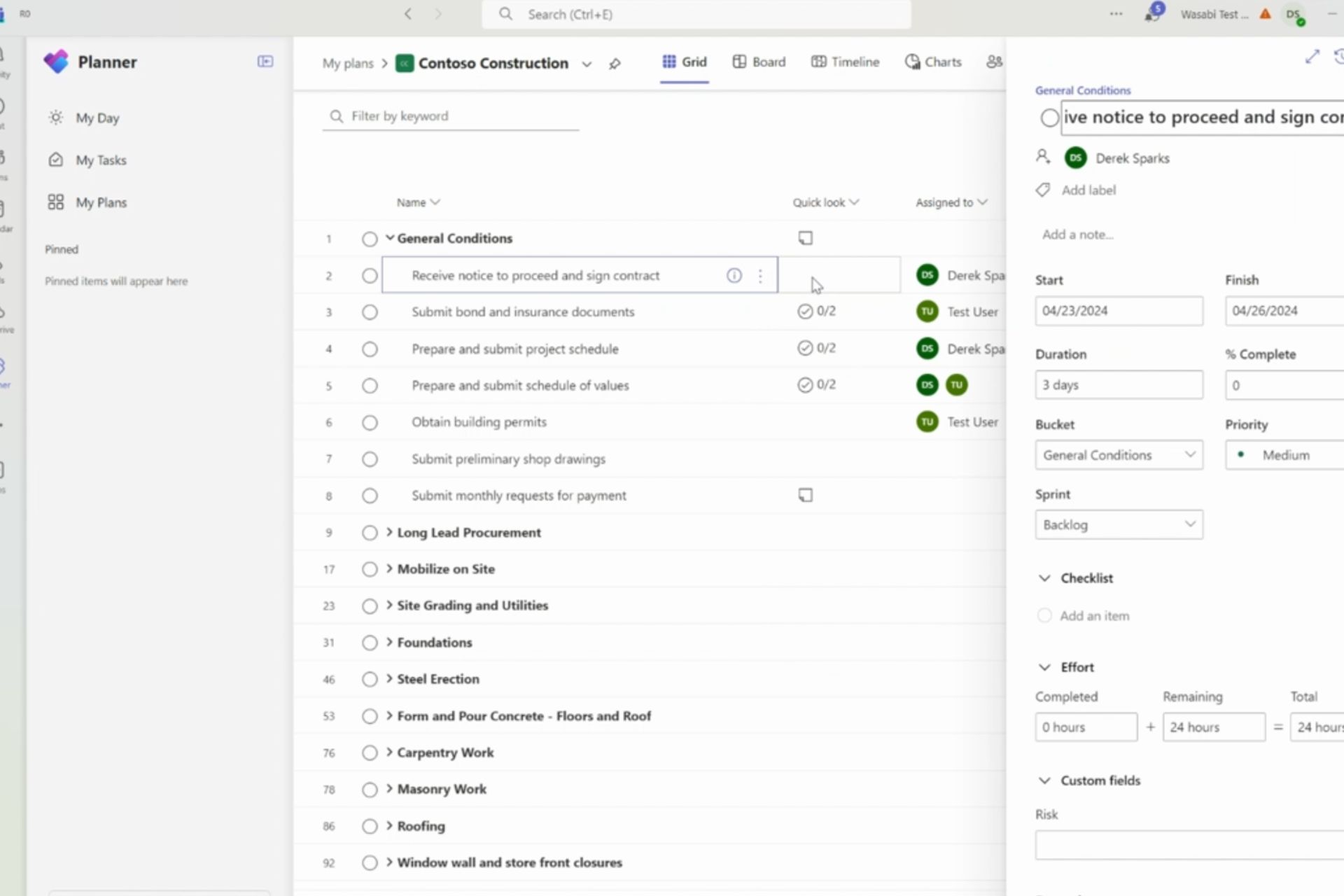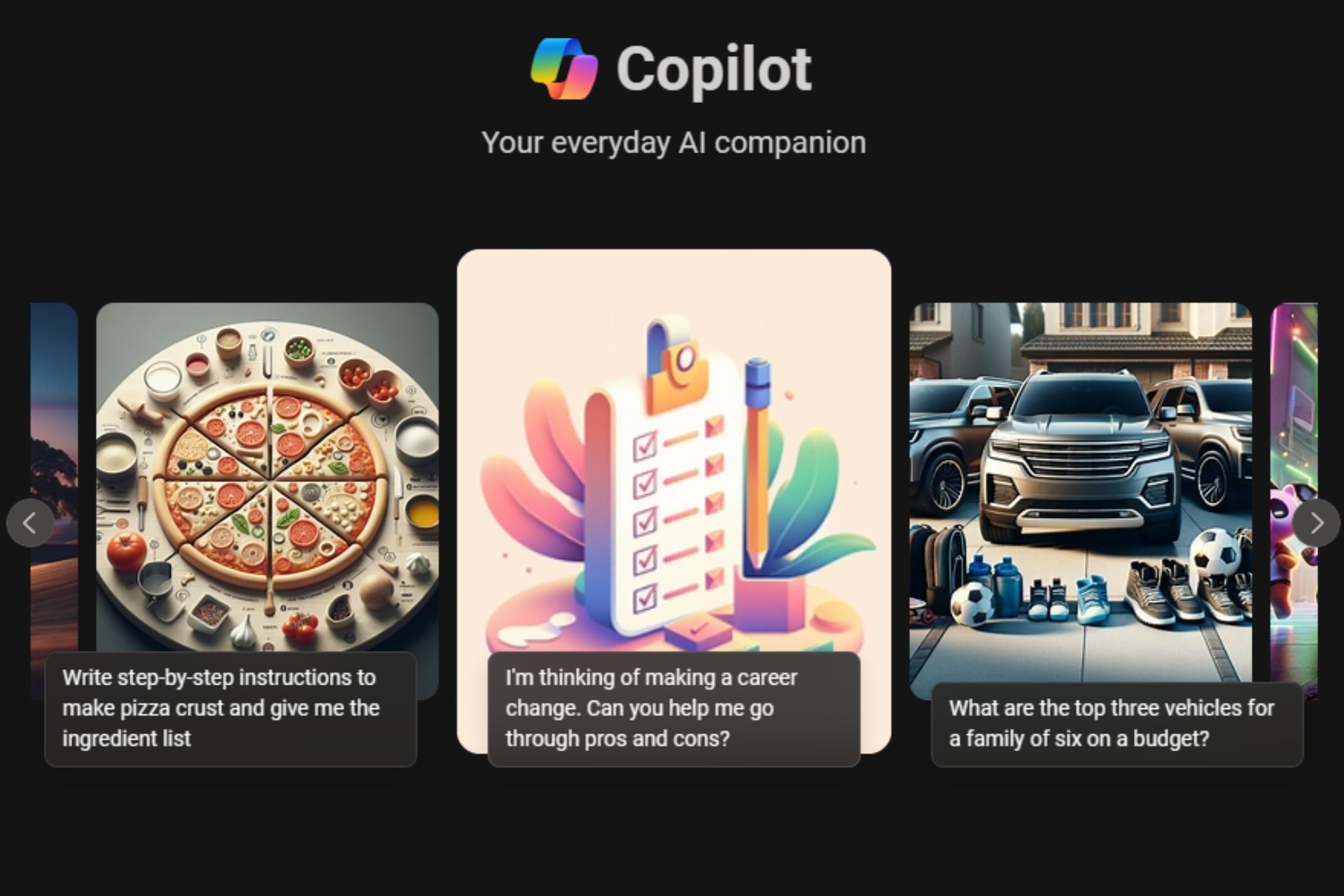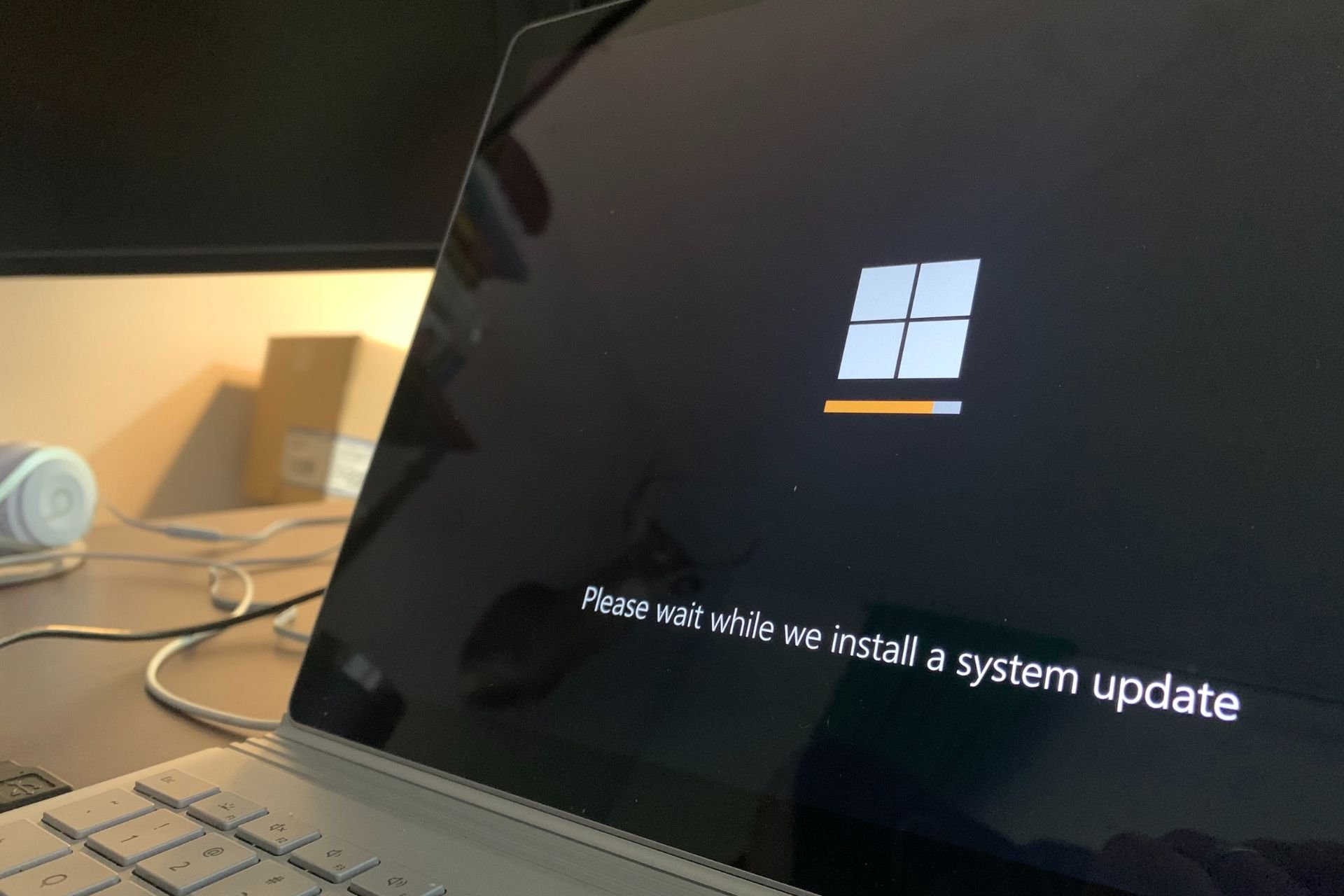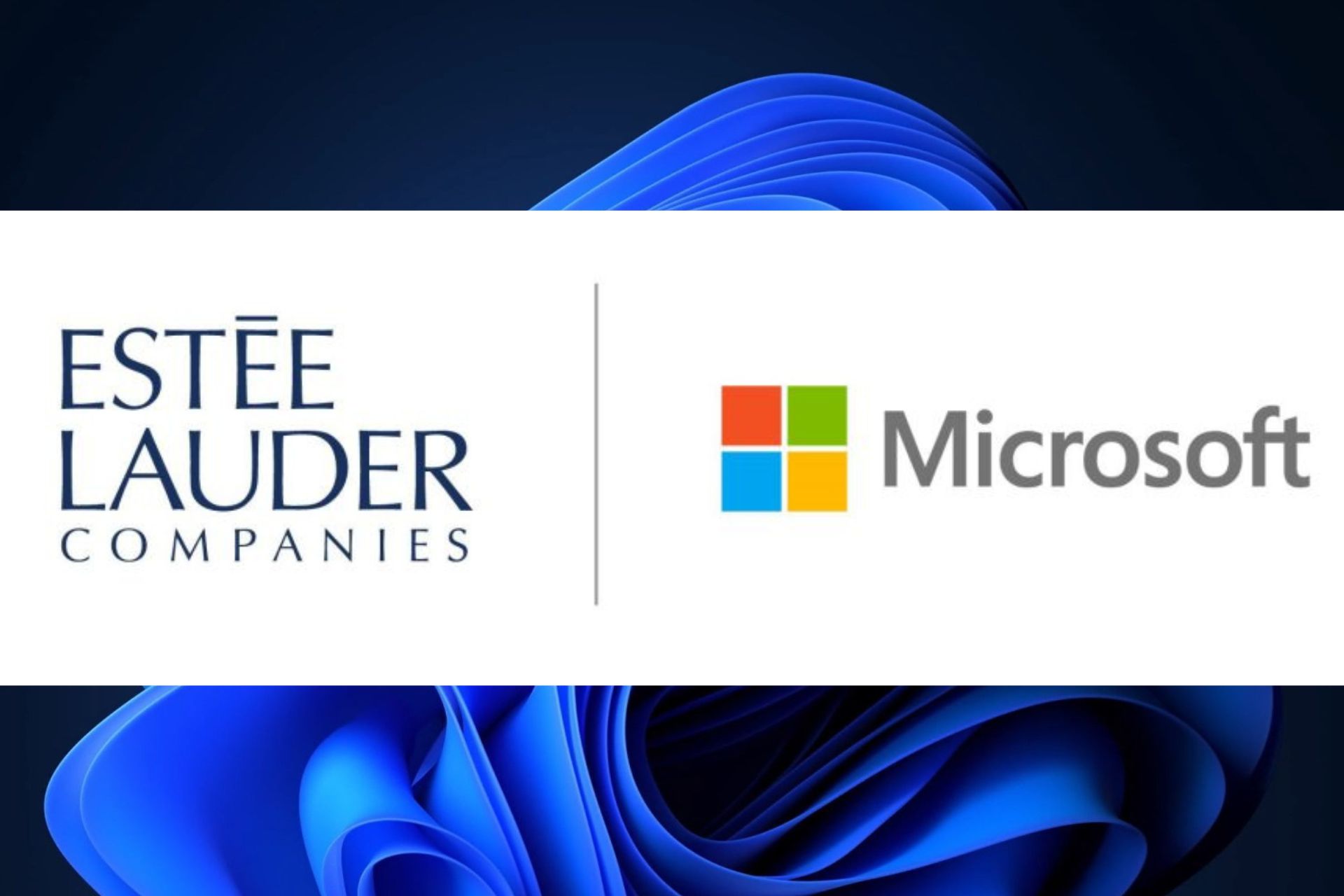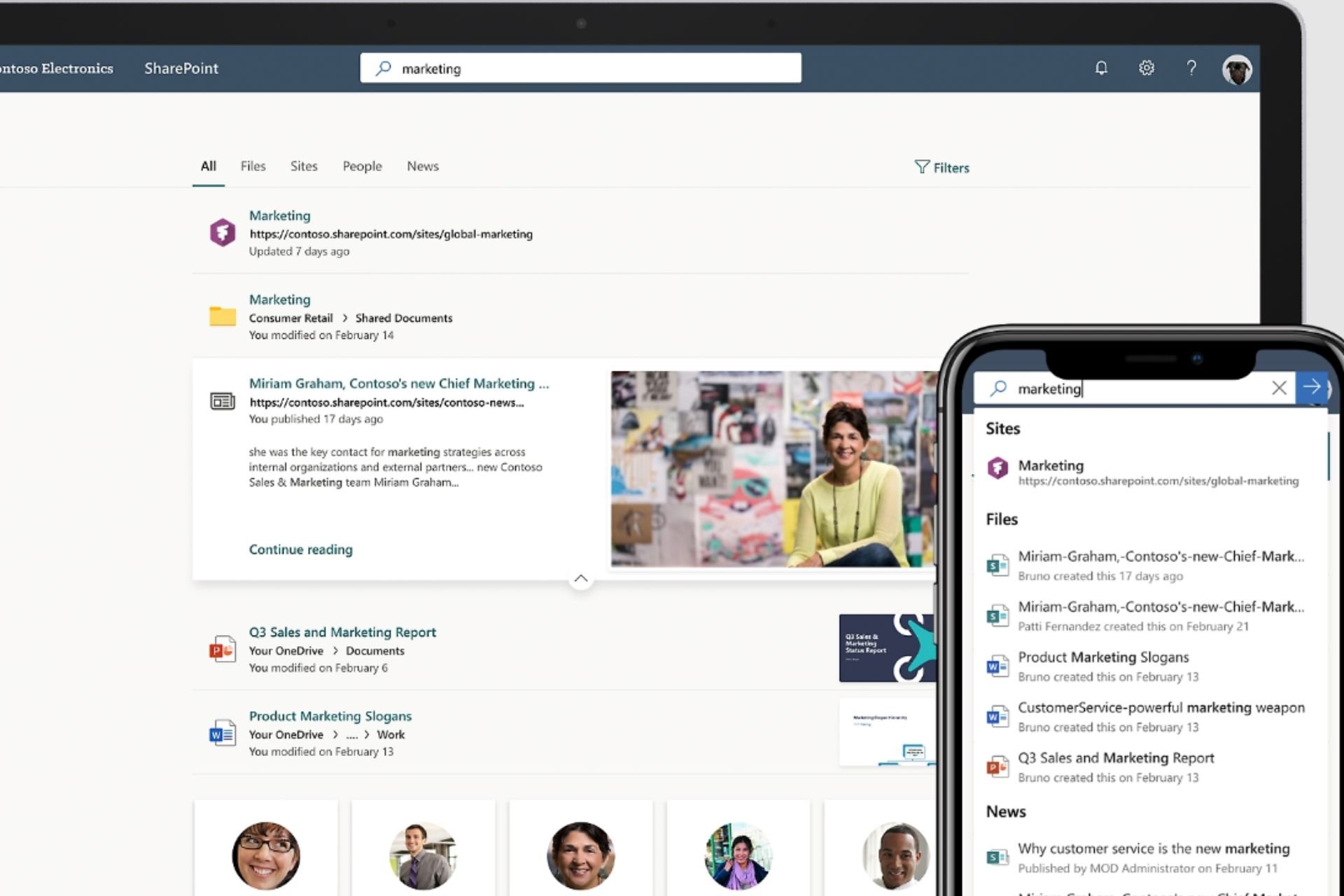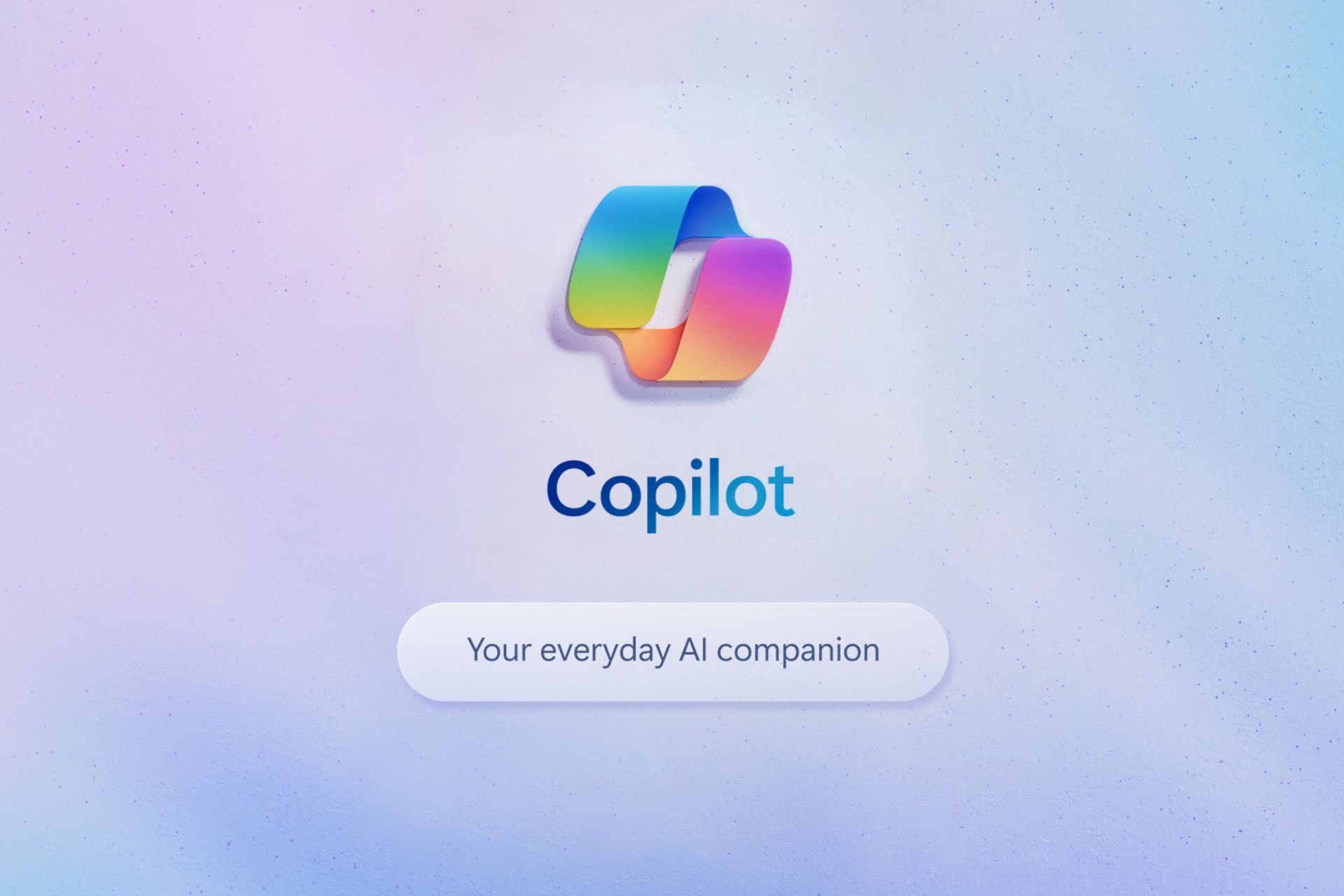Slack's latest survey shows a 24% boost in AI usage among desk professionals
The survey included more than 10,000 desk workers around the globe
3 min. read
Updated on
Read our disclosure page to find out how can you help Windows Report sustain the editorial team Read more

According to the latest research from Slack’s Workforce Lab, AI usage in the workplace has accelerated by 24% in the past quarter. One in four workers said that they tried AI tools for work as of January 2024, as compared to 1 in 5 as of September 2023.
Christina Janzer, Slack’s senior vice president of research and analytics and head of Slack’s Workforce Lab said:
The growth of the use of AI last quarter was more than she expected. In 2023, we talked a lot about the promise of AI, but we were seeing low adoption rates throughout 2023. We didn’t see any uptick last year, so the fact that we went up from 20% to 25% is a big deal in my mind. But it’s also a reminder that we’re still very early in this AI journey. We’re still figuring it out. We still have a lot of work to do.
Another key learning from the survey was that around 80% of those using AI say that the tech is boosting their productivity. However, the reactions to the AI tech were mixed, 42% were excited about AI, 31% were neutral, and 27% were concerned.
81% of executives express a sense of urgency in integrating generative AI into their companies, with 50% of them indicating a high level of urgency.
However, according to the survey, 43% of the respondents say that they didn’t get guidance from their superiors or organizations on using AI tools at work. Christina Janzer says:
The vast majority of people who are using AI and automation are already starting to experience productivity gains. But the data indicates that failing to provide guidance or instruction on AI may be inhibiting your employees from giving it a try. If you’re looking to ready your workforce for the AI revolution, you can start by providing guidelines for how AI can be used at work.
The report also indicates that there is a clear opportunity for using AI and automation tools to reduce the low value, repetitive, or lack meaningful contribution to their core job functions. Janzer also stated that:
We all have tasks to complete that aren’t part of our job description but are necessary to keep things running smoothly. It’s the ‘work of work’. But if the average desk worker is spending two full days each week on this ‘work of work,’ that’s a problem — and an opportunity. In this pivotal moment, implementing AI and automation tools that are trusted, intuitive and embedded in the flow of work is key to recalibrating energy at work toward the activities that will move the needle.
The same day when the report came out, Salesforce owner of Slack, announced that Einstein Copilot, the new customizable and generative AI assistant for CRM, is now available in a public beta version.
Marc Benioff, Chair & CEO, Salesforce said:
AI is the single most important moment in the history of our industry. It will deepen customer relationships, increase productivity and drive higher margins at every company. Our new Einstein Copilot brings together an amazing intuitive interface for interacting with AI, world-class AI models and above all deep integration of the data and metadata needed to benefit from AI. Einstein Copilot is the only copilot with the ability to truly understand what is going on with your customer relationships.
With the increased adoption of AI tools in the workplace, the emergence of new tools can help increase desk professionals’ productivity, thereby enhancing the profitability of companies developing the technology.
What do you think about the increased use of AI in the workplace? Share your thoughts in the comments section below.

